Hurricane Melissa has led to at least 50 deaths across the Caribbean as of Friday afternoon, with the storm now weakened into a post-tropical cyclone, veering eastward away from the Americas. The Category 5 storm carved a massive swath of destruction across Jamaica, Haiti, and Cuba as it lashed the region with howling winds and torrential downpours. For Jamaica, Melissa was the strongest hurricane the island had experienced on record when it made landfall on Tuesday with winds at 185 miles per hour, putting it firmly in Category 5.
According to Dana Morris Dixon, Jamaica's minister of education, skills, and youth, "We have never had a Category 5 hurricane in our country." The sheer intensity of the storm caught many off guard, particularly in a season that felt unusually quiet. "It's a stark reminder of the unpredictability of climate change," said climate scientist Dr. Maria Rodriguez, who has been tracking the storm's progress. "Hurricane Melissa is an extraordinary threat, even in a season that felt unusually quiet."
The storm's unusual trajectory and rapid intensification are two key factors that made it so unusual and dangerous. According to the National Hurricane Center, Melissa rapidly intensified from a tropical storm to a Category 5 hurricane in just 24 hours, with winds increasing from 60 miles per hour to 185 miles per hour. This rapid intensification was fueled by warm ocean waters and a favorable atmospheric environment, which allowed the storm to tap into a vast amount of energy.
The third factor that made Hurricane Melissa so unusual was its unprecedented impact on Jamaica. The island nation has experienced several major hurricanes in the past, but none as intense as Melissa. The storm's landfall brought catastrophic winds and flooding, leaving widespread destruction and displacement in its wake. "The scale of the damage is unprecedented," said Prime Minister of Jamaica, Andrew Holness. "We are working tirelessly to provide aid and support to those affected."
In the aftermath of the storm, officials are working to assess the full extent of the damage and provide relief to those affected. The international community has pledged support, with several countries offering aid and assistance. As the region begins to recover, climate scientists are urging policymakers to take action to address the root causes of climate change, which are driving more frequent and intense natural disasters.
As of Saturday morning, Hurricane Melissa has weakened into a post-tropical cyclone, veering eastward away from the Americas. The storm is expected to continue to weaken as it moves over the open ocean, but its impact will be felt for weeks to come. The international community will be watching closely as the region begins to recover from this devastating storm.



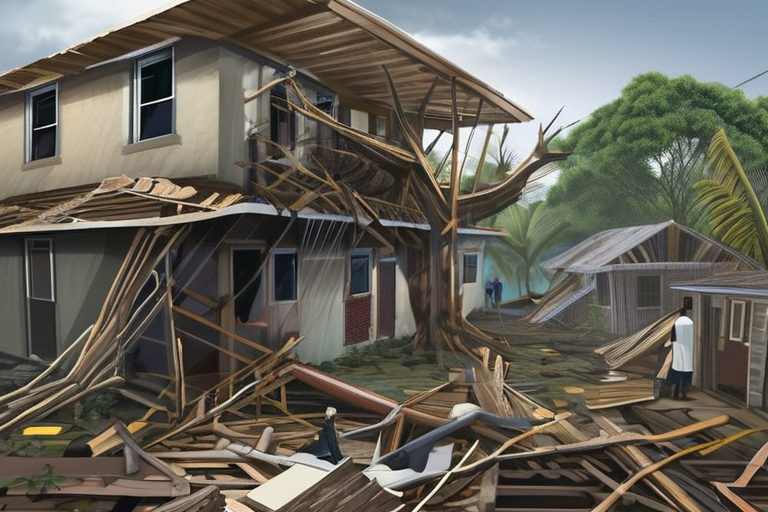
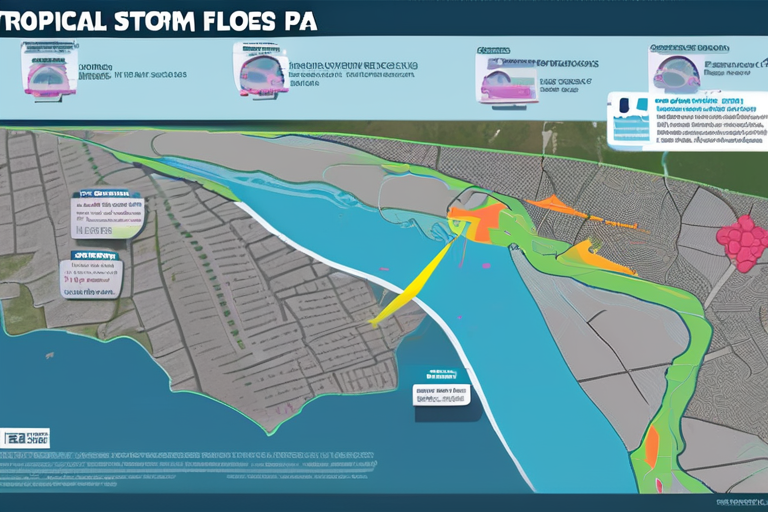
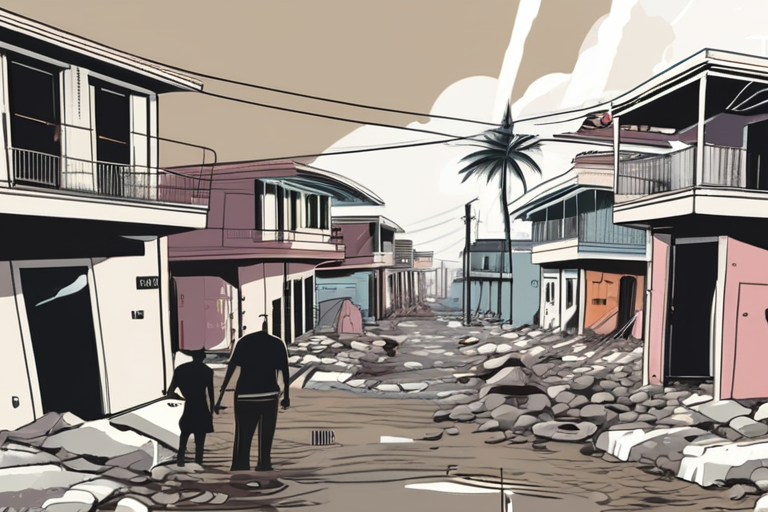
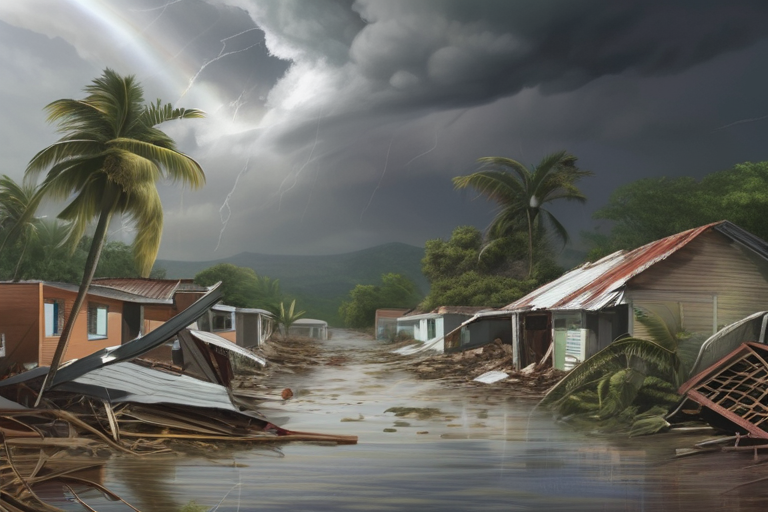
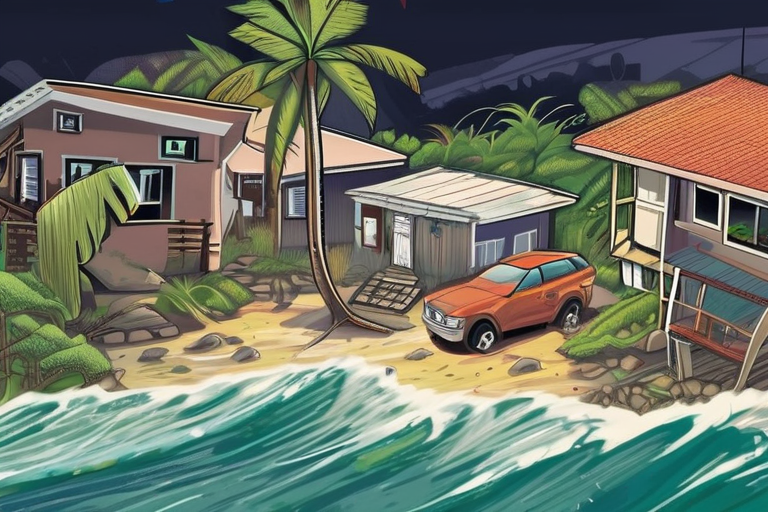
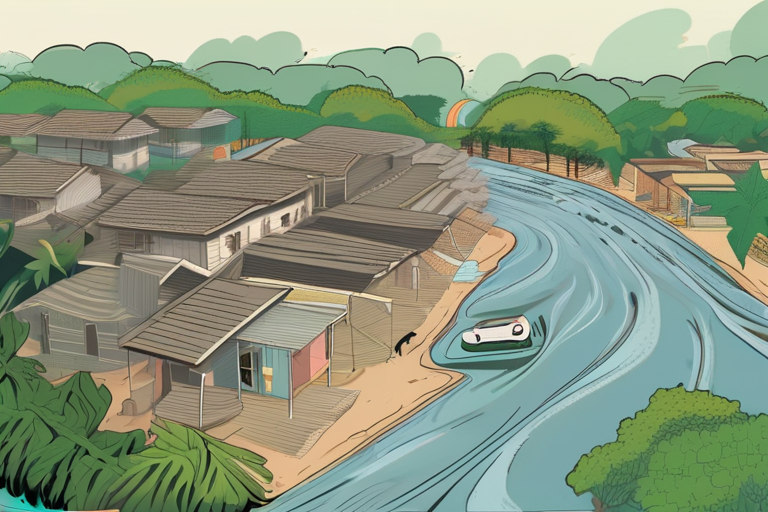
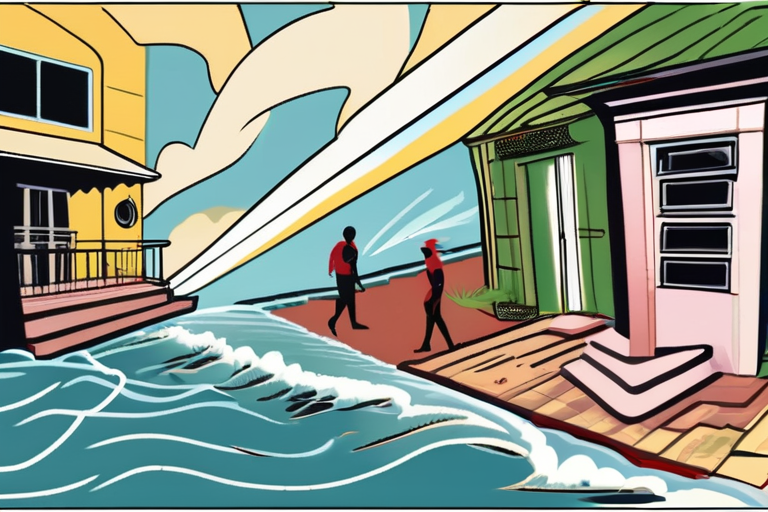


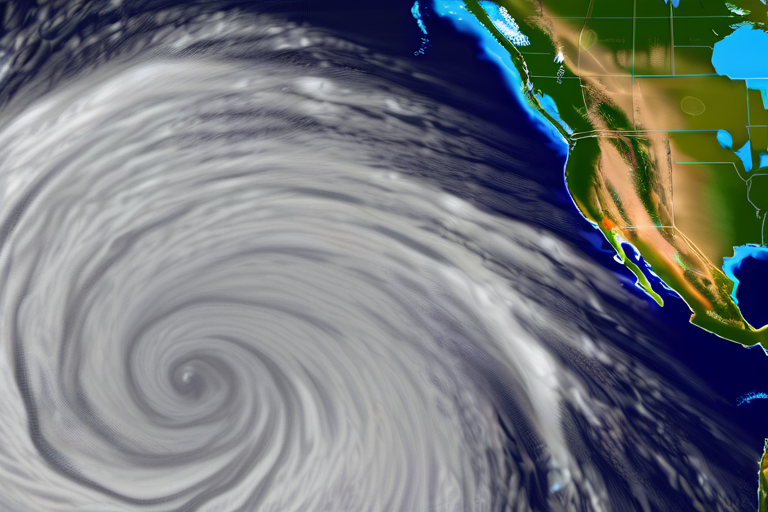

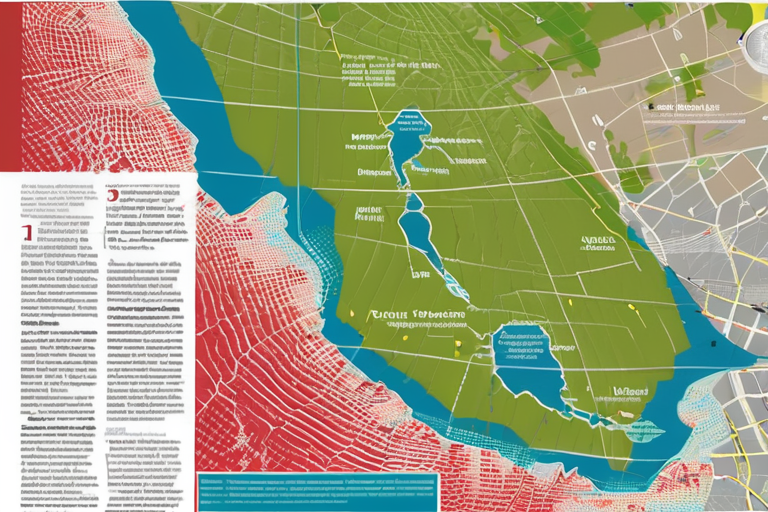


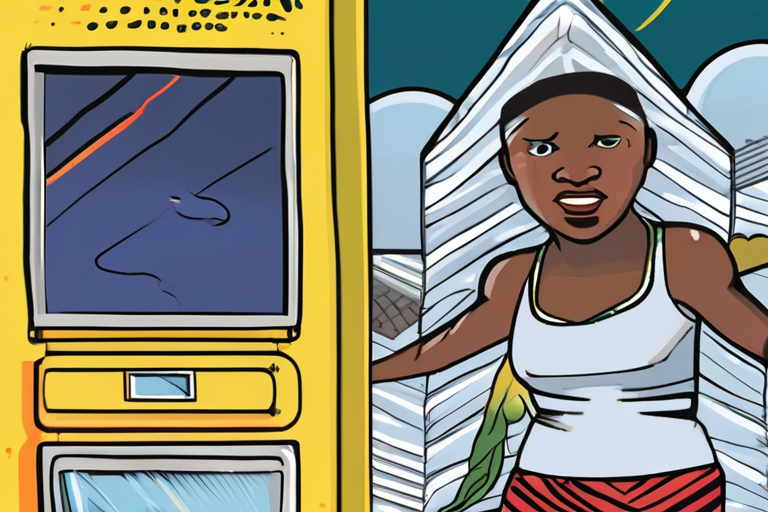
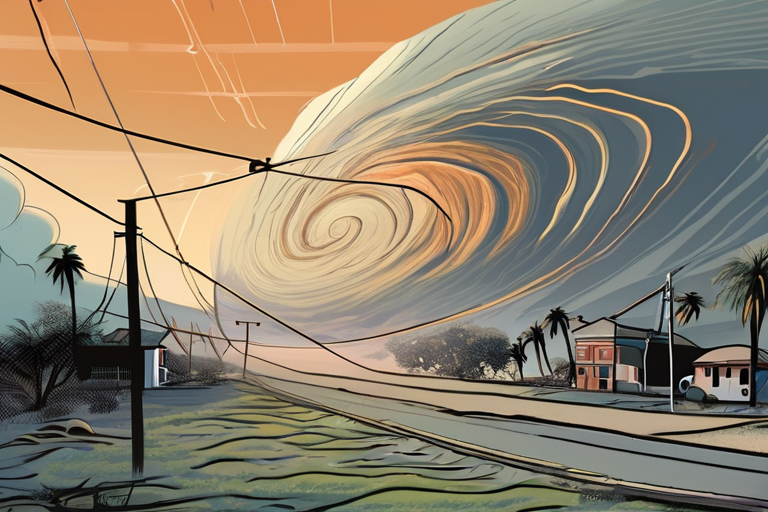
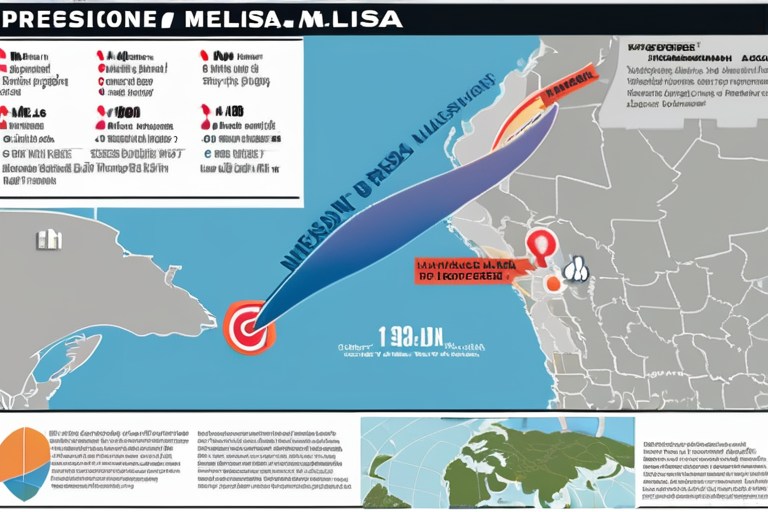
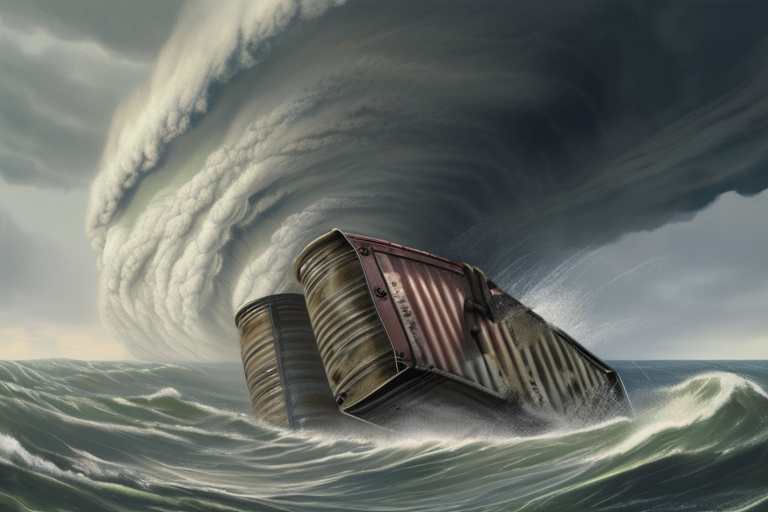


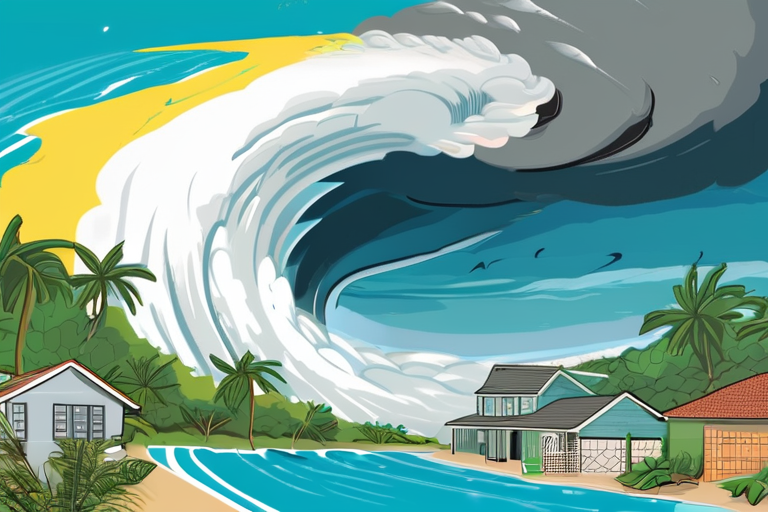
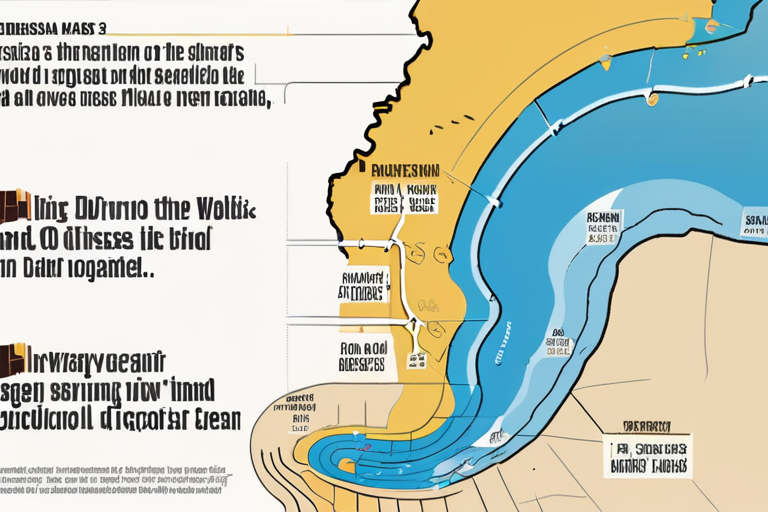
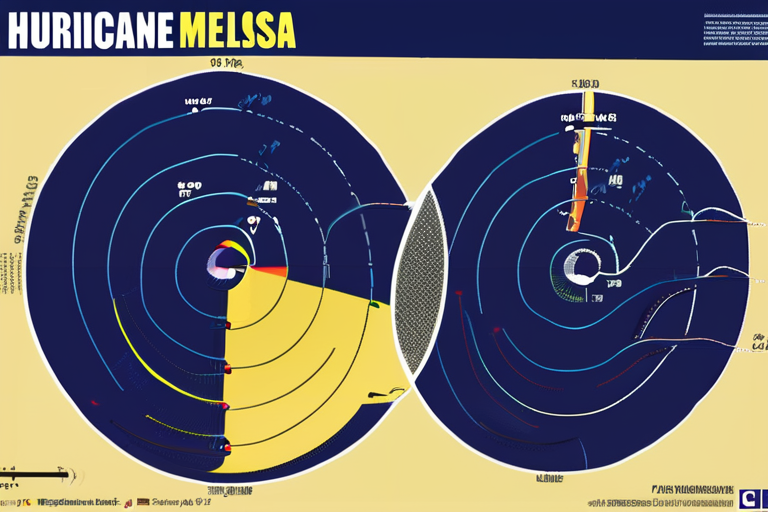
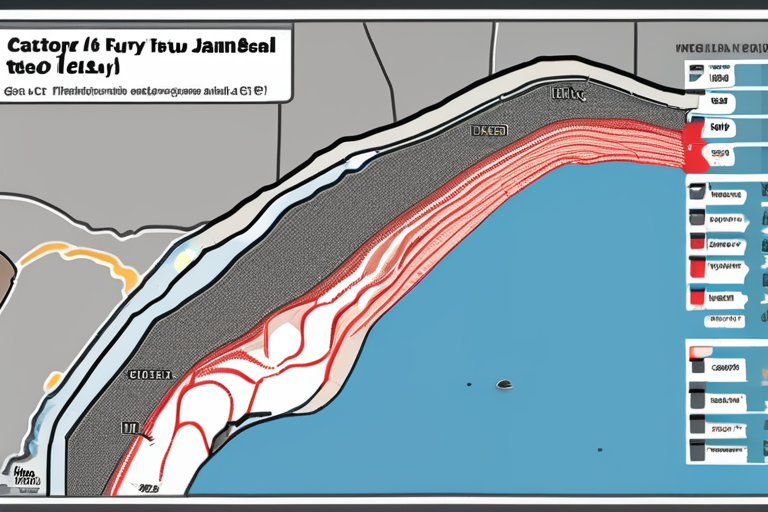
Share & Engage Share
Share this article